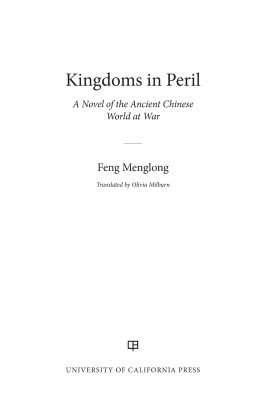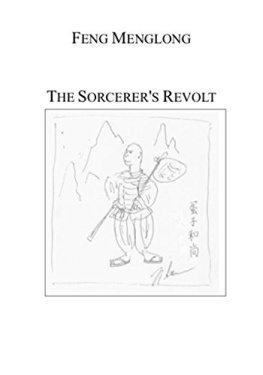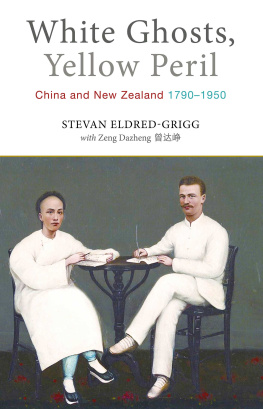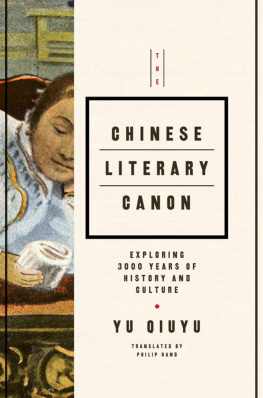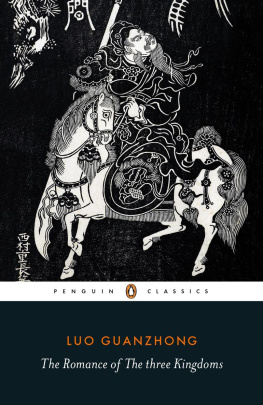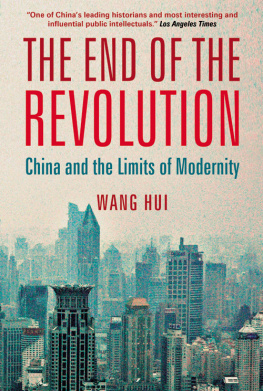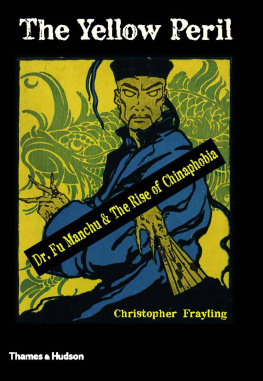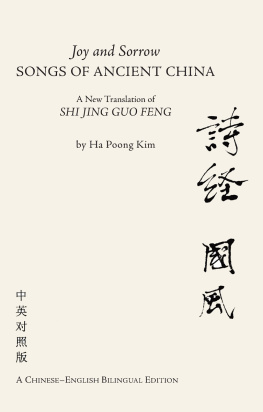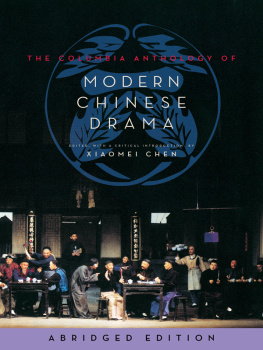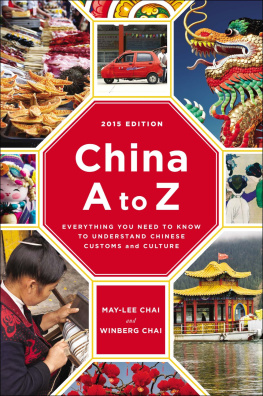The publisher and the University of California Press Foundation gratefully acknowledge the generous support of the Simpson Imprint in Humanities.
Kingdoms in Peril
A Novel of the Ancient Chinese World at War
Feng Menglong
Translated by Olivia Milburn

UNIVERSITY OF CALIFORNIA PRESS
University of California Press
Oakland, California
2022 by Olivia Milburn
Library of Congress Cataloging-in-Publication Data
Names: Feng, Menglong, 15741646, author. | Milburn, Olivia, translator.
Title: Kingdoms in peril : a novel of the ancient Chinese world at war / Feng Menglong ; translated by Olivia Milburn.
Other titles: Xin lie guo zhi. Selections. English (Milburn)
Description: Oakland, California : University of California Press, [2022] | Includes bibliographical references.
Identifiers: LCCN 2021026170 (print) | LCCN 2021026171 (ebook) | ISBN 9780520380516 (paperback) | ISBN 9780520380523 (ebook)
Subjects: LCSH : ChinaHistoryZhou dynasty, 1122221 B.C.Fiction.
Classification: LCC PL 2698. F 4 H 813 2022 (print) | LCC PL 2698. F 4 (ebook) | DDC 895.13/46dc23
LC record available at https://lccn.loc.gov/2021026170
LC ebook record available at https://lccn.loc.gov/2021026171
Manufactured in the United States of America
31 30 29 28 27 26 25 24 23 22
10 9 8 7 6 5 4 3 2 1
CONTENTS
MAP 1. The Zhou Confederacy circa 500 B.C.E. Adapted from Map of the Five Hegemons by SY, CC-BY-SA 4.0.
MAP 2. The Kingdoms of the Warring States Period in circa 260 B.C.E. Adapted from The Warring States of China c. 260 BCE by Philg88, CC-BY-SA 3.0.
Introduction
Kingdoms in Peril is an epic historical novel covering the five hundred and fifty years of the Eastern Zhou dynasty, from the civil wars and invasions that marked the birth of a new regime in 771 B.C.E. to the unification of China in 221 B.C.E. This period saw the numerous states that made up the Zhou confederacy riven by intense and intractable conflict as they lurched from one crisis to the next. Every concept of what constituted a civilized society was tested again and again through centuries of political instability, and any momentary peace was soon threatened by the relentless intriguing of ministers, eunuchs, and harem favorites. It was a time when political life was punctuated with poisonings, assassinations, and sinister conspiracies, and those who escaped other murderous attacks might still fall victim to warfare or the rioting populace. As old certainties crumbled and hierarchies collapsed, it was no longer possible to maintain traditional social norms, and new opportunities opened up for the intelligent and able. Men and women were quick to take advantage of this, testing the boundaries and seeking self-advancement in ways that would have been impossible in a more stable environment. As an international market opened up for talented individuals, clever men increasingly sought to build careers abroad, secure in the knowledge that their social and ethnic background would not be held against them in a foreign country. Women too resisted traditional assumptions that their sphere should be confined to childrearing at home, and found that they were now expectedat least at an elite levelto be able to provide sagacious advice, arrange murders, defuse political conspiracies, and, in the event of a crisis, potentially even to take over the running of the country.
Kingdoms in Peril was written in the 1640s, at the very end of the Ming dynasty, by the great novelist Feng Menglong (15741646). An expert in the history of the Eastern Zhou dynasty, he was inspired to write this novel by reading an earlier work on the same subject: Tales of the States ( Lieguo zhi ) by Yu Shaoyu (active 152273). Horrified by the many mistakes and anachronisms this book contained, Feng Menglong decided to produce a new and improved account of the same historical events, which would explore the careers and personalities of the many remarkable individuals who lived through and defined this crucial era of Chinese history. In the course of the one hundred and eight chapters of the complete novel, he documents the collapse of the Zhou confederacy during the Spring and Autumn period (771475 B.C.E. ) and the slow rebuilding of civil society during the Warring States era (475221 B.C.E. ), which culminated in the unification of China under the First Emperor of the Qin dynasty (r. 246221 B.C.E. as king; r. 221210 B.C.E. as emperor). Thus, overall, this novel describes a grand arc, from stability to chaos and back again. As a novel about politics, much of the narrative in Kingdoms in Peril concentrates on the exercise of power. During the Eastern Zhou dynasty, there were two words in use to cover different aspects of the concept of power. Quan was used for the power that comes from quantifiable resources: the size of the army, the financial reserves in the treasury, the extent of the tax base, stockpiles of weapons, armor, and so on. Shi, on the other hand, refers to power that comes from taking advantage of the opportunities provided by a developing situation. It is the interplay between quan and shi that provides many of the most dramatic incidents in the history of this period, and therefore of this novel. Power that comes from circumstantial advantage could be utilized in all sorts of different contexts: whether it is a silver-tongued diplomat persuading a king to accept a disadvantageous treaty; a cunning general tricking the enemy commander into an unfavorable situation by playing to his prejudices; or a rival convincing a neglected wife to spy on her husband to set him up for assassinationthese chinks in the armor allowed for stunning reversals of fortune.
Whether they were making history or being crushed by it, the characters of Kingdoms in Peril are presented in a way that reminds us of their human qualities. There are no heroes and villains here, just flawed individuals trying their best to survive in often impossible circumstances, all too often discovering that the choices available to them ranged from bad to worse. One of the key features of this novel is the emphasis on the terrible conflicts many of its characters facedraised in an ethical system that valued loyalty, justice, benevolence, and filial duty and yet placed in circumstances in which they were torn between their duty to the ruler or the country, and their love for family and friends. Regardless of whether they were monarchs, aristocrats, hereditary ministers, or clan leaders, members of the Eastern Zhou ruling elite almost always had complicated private lives, surrounded as they were by wives, concubines, mistresses, cronies, bodyguards, hangers-on, and hordes of servants, male and female. The ties of affection created within these households did not necessarily run neatly according to rank and status, where sons of the main wife held priority in the inheritance, followed by the children of concubines, while illegitimate offspring were generally treated little better than slaves. Although this social hierarchy might appear rigid, it could always be overturned by the intelligent, while ruthless ambition and violence occasionally found themselves tempered by loving relationships strong enough to withstand the brutality of the age. Kingdoms in Peril has long been recognized as a masterpiece for its exploration of the personalities of individuals caught up in momentous historical events.

